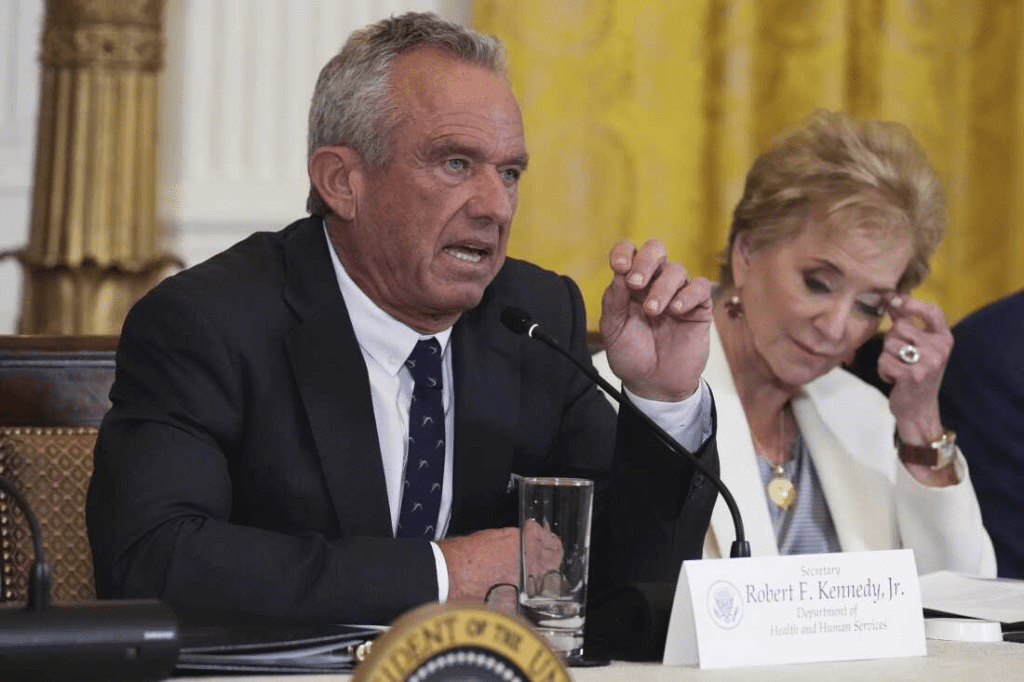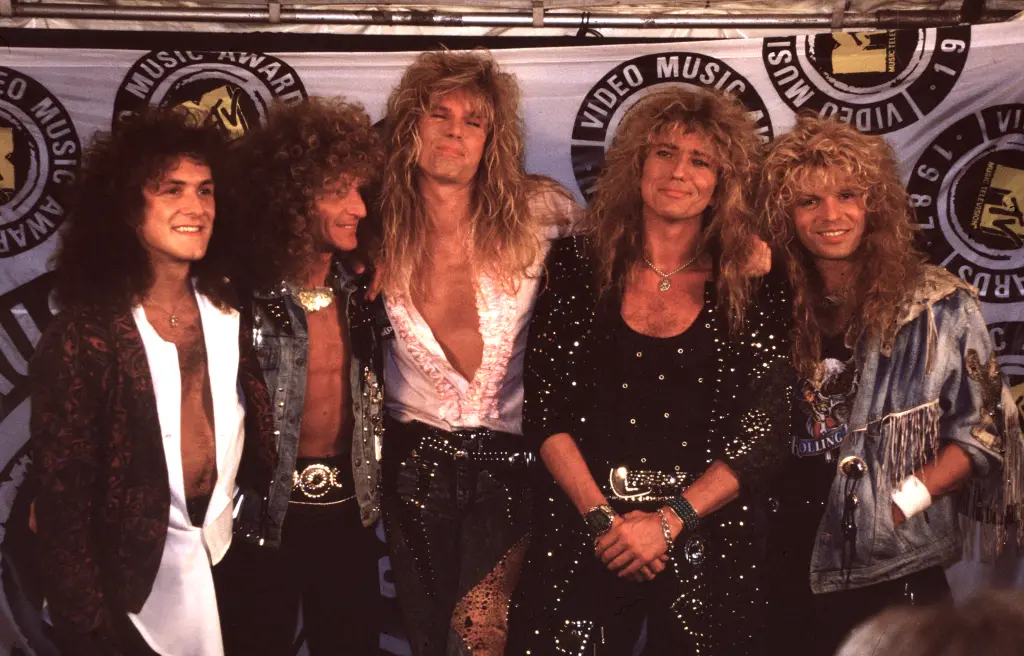Health Secretary Robert F. Kennedy Jr. Unveils $62 Million Plan to Boost Nutrition in Head Start Programs for 100,000 Children Under His “Make America Healthy Again” Agenda
Robert F. Kennedy Jr., now serving as Health Secretary, has announced a sweeping new initiative that puts food and children’s health at the center of his “Make America Healthy Again” agenda. With $62 million in new funding, Kennedy says the program will reach more than 100,000 children across the country by expanding nutrition services in 290 Head Start programs. For him, it’s not just about feeding kids today—it’s about changing the way future generations live and eat.

The plan focuses on increasing access to fresh, nutrient-dense foods while promoting healthy habits that can last a lifetime. Kennedy explained it simply: when children are given nutritious meals early in life, you don’t just fill their stomachs for one day, you set them on a path to better health for decades to come. His words echo a growing body of scientific research that stresses the importance of early childhood nutrition. The first 1,000 days of life, from conception to age two, are now widely recognized as a critical window where proper diet can make or break long-term outcomes. Peer-reviewed research has linked poor nutrition during that period to a 22 percent increased risk of chronic diseases later in life. By putting dollars toward Head Start, Kennedy is signaling that early intervention is the best place to start.

For Kennedy, this initiative is also a chance to pivot. He has long been criticized for his outspoken skepticism of vaccines and certain aspects of germ theory, positions that have fueled controversy throughout his career. But with this nutrition plan, he is shifting the conversation toward something much less divisive: the food children eat every day. It’s an area where scientific evidence is strong and bipartisan support is easier to find. In fact, a 2015 study led by Julie Lumeng at the University of Michigan found that children in Head Start programs were more likely to have healthier BMI scores by kindergarten compared to peers outside the program. Kennedy’s push to invest in nutrition appears to build directly on such findings.

Still, the plan is not without its critics. An NPR analysis earlier this year praised Kennedy for putting food on the policy agenda but raised concerns that the MAHA plan does not yet include specific measures against ultra-processed foods, which make up an estimated 60 percent of U.S. children’s calories. Without tackling the dominance of packaged snacks, sugary cereals, and fast food, some experts question how much long-term difference new funding will make. There are also questions about cost efficiency. Of the $62 million, around $1.7 million is reportedly allocated just to track spending, a figure critics say could reduce the real impact on families. Comparisons are being drawn to the existing Reducing Obesity in Youth Act, which directs $5 million annually to similar programs, suggesting that administrative overlap could blunt results.

Even with these questions, there is little doubt that the program marks a significant investment. For families who struggle with food insecurity, having access to Head Start programs with stronger nutrition support could mean fresher vegetables, more balanced meals, and new lessons on healthy habits. For children, it could mean lower risks of obesity, diabetes, and other chronic conditions that often begin in childhood. And for Kennedy, it offers an opportunity to demonstrate a tangible, practical step toward making America healthier.
Nutrition is not as flashy as other political fights, but it is personal. Parents notice when their kids eat better, teachers notice when students are more focused, and doctors notice when health outcomes improve. Kennedy’s message is that by spending wisely now—on carrots instead of processed chips, on cooking lessons instead of fad diets—we save the country a much larger bill later in healthcare costs. His $62 million plan may not solve the nation’s nutrition crisis overnight, but it sends a clear signal that the administration sees food not just as fuel, but as policy.



